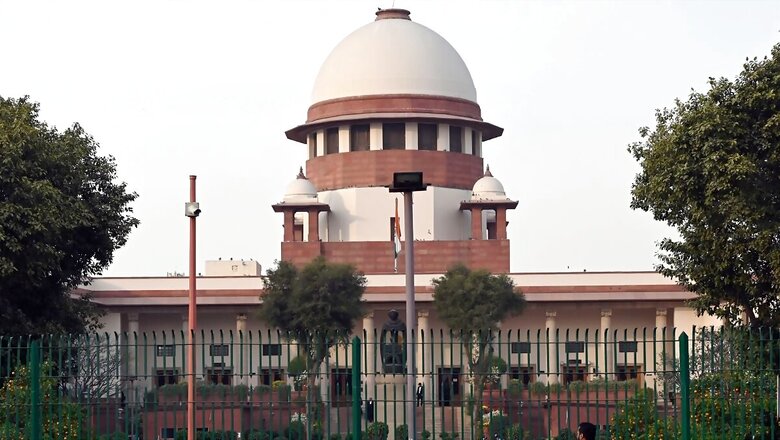
views
The Supreme Court has said mere registration of a will would not be sufficient to prove its validity, as its lawful execution necessarily has to be proved in accordance with section 68 of the Indian Evidence Act, 1872, and section 63 of the Indian Succession Act, 1925.
A bench of Justices CT Ravikumar and Sanjay Kumar said it is well settled that mere registration would not sanctify a document by attaching to it an irrebuttable presumption of genuineness.
The court cited the SC’s judgement in the case of Janki Narayan Bhoir vs Narayan Namdeo Kadam (2003), wherein it was held that, to prove that a will has been executed, the requirements in clauses (a), (b) and (c) of section 63 of the Succession Act have to be complied with.
It was pointed out that the most important point is that the will “has to be attested by two or more witnesses and each of these witnesses must have seen the testator sign or affix his mark to the will or must have seen some other person sign the document in the presence of and by the direction of the testator or must have received from the testator a personal acknowledgment of his signature or mark or of the signature or mark of such other person and each of the witnesses has to sign the will in the presence of the testator”.
It was further held that a person propounding a will has to prove that it was duly and validly executed and that cannot be done by simply proving that the signature on the will was that of the testator, as the propounder must also prove that the attestations were made properly, as required by section 63(c) of the Succession Act, the bench added.
The top court dismissed an appeal filed by Dhani Ram through legal representatives and others against the Himachal Pradesh High Court’s judgement of 2009 restoring the trial court’s decision which disbelieved the will put forth by the appellants.
Leela Devi, also referred to as Leela Wati, died on December 10, 1987. Her husband, Sohan Lal, had predeceased her. Dhani Ram, the son of Leela Devi’s brother, claimed that she executed a registered will bequeathing to him the properties left by late Sohan Lal. Shiv Singh, the son of Sohan Lal’s brother, instituted a civil suit in Solan, Himachal Pradesh, challenging the will executed by Leela Devi, under which Dhani Ram claimed entitlement to the properties that originally belonged to Sohan Lal.
The top court, however, found Dhani Ram failed to prove the execution of the will in terms of the mandatory legal requirements, so Shiv Singh would be entitled to succeed to the properties by way of intestate succession under section 15 of the Act of 1956, as rightly held by the Himachal Pradesh High Court.
Leela Devi allegedly executed the will on October 27, 1987, got it registered on November 3, 1987, and expired on December 10, 1987. Therefore, she lived for barely a month and a half after the execution of the will.
The bench said that compliance with the essential legal requirements, in terms of sections 68 and 71 of the Evidence Act and section 63 of the Succession Act, was not established in order to prove the execution of the will.
It pointed out that section 68 of the Evidence Act requires at least one attesting witness to the will to prove its execution in terms of section 63 of the Succession Act, but it is clear that neither witness Lok Nath Attri nor another witness Chaman Lal passed muster in satisfying this requirement.
In consequence, section 71 of the Evidence Act had a role to play in the matter, as one attesting witness, Chaman Lal, denied the very execution of the document in his presence while the other attesting witness, Lok Nath Attri, did not establish its execution in terms of the legal mandate. It was, therefore, incumbent upon Dhani Ram to lead other evidence to prove the execution of the will by Leela Devi. However, neither Ghanshyam Dutt Sharma, the document writer who scribed the will, nor anyone from the Registrar’s Office at Kasauli was examined to prove its execution, the bench said.











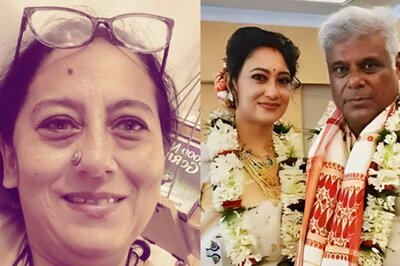

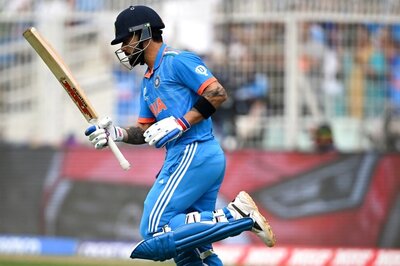



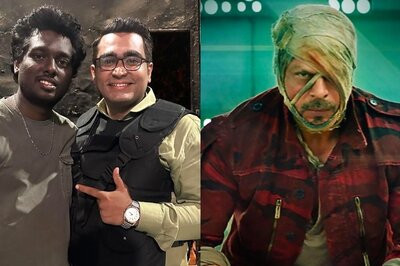

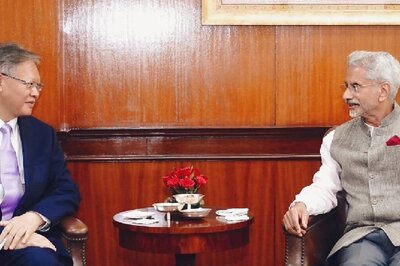
Comments
0 comment